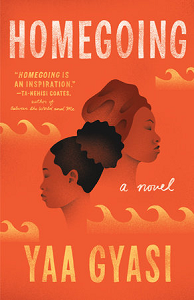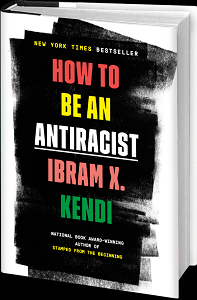Cultural Understanding Reading List
AACSB member contributions made by Deborah Merrill-Sands and Victoria Parker are included below in an AACSB "reading" list on cultural understanding. Composed of member contributions, this list highlights an important moment for our global society as well as the powerful role business schools play in shaping understanding.
Read more: A Reading List for Cultural Understanding (6/19/20, www.aacsb.edu/blog)

5. Homegoing, book by Yaa Gyasi
Deborah Merrill-Sands, dean of the University of New Hampshire’s Paul College of Business and Economics, offered this novel, a story that begins in 18th-century Ghana and spans generations and continents. Homegoing traces the paths of sisters born to the same mother who, after being separated in their childhood, experience very different sides of the transatlantic slave trade. Through stories of each sister’s descendants, readers see the shaping of modern America from the perspective of those who were taken from their homeland to build it. The novel explores how heredity, white supremacy, social and economic politics, and Africa’s often unexamined complicity in the slave trade contributed to the wicked legacy of human bondage to create a new nation. As Merrill-Sands says, Homegoing “gives a rich and powerful historical perspective” of America's contemporary origins.
Learn More

6. How to Be an Anti-Racist, book by Ibram X. Kendi
Selected by Victoria Parker, associate dean for graduate education and faculty administration, also at the Paul College of Business, as well as Roger Barascout (see no. 12 below) and Merrill-Sands, this 2019 book discusses the notion that “The opposite of ‘racist’ isn’t ‘not racist,’” as stated on the author’s website. Through his memoir, Kendi recounts his own journey to realizing how systems of oppression in the U.S. are upheld through social and economic structures, and how undoing that support requires a new way of approaching racism—not just by condemning it but by actively recognizing our own contributions to the system and working to rebuild a more justice-based society. Parker says of the book, “it is making me think, hard, about many of my own previous efforts in the area of racial justice.”
Learn More